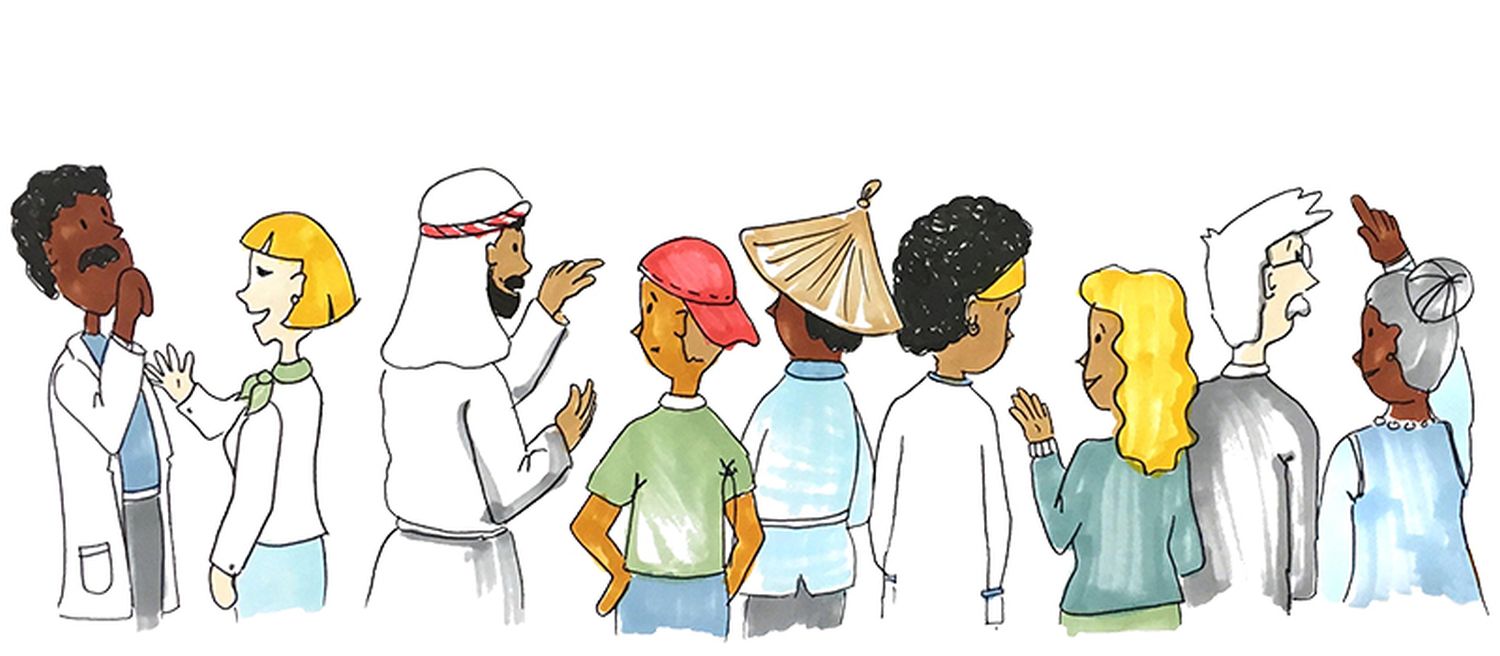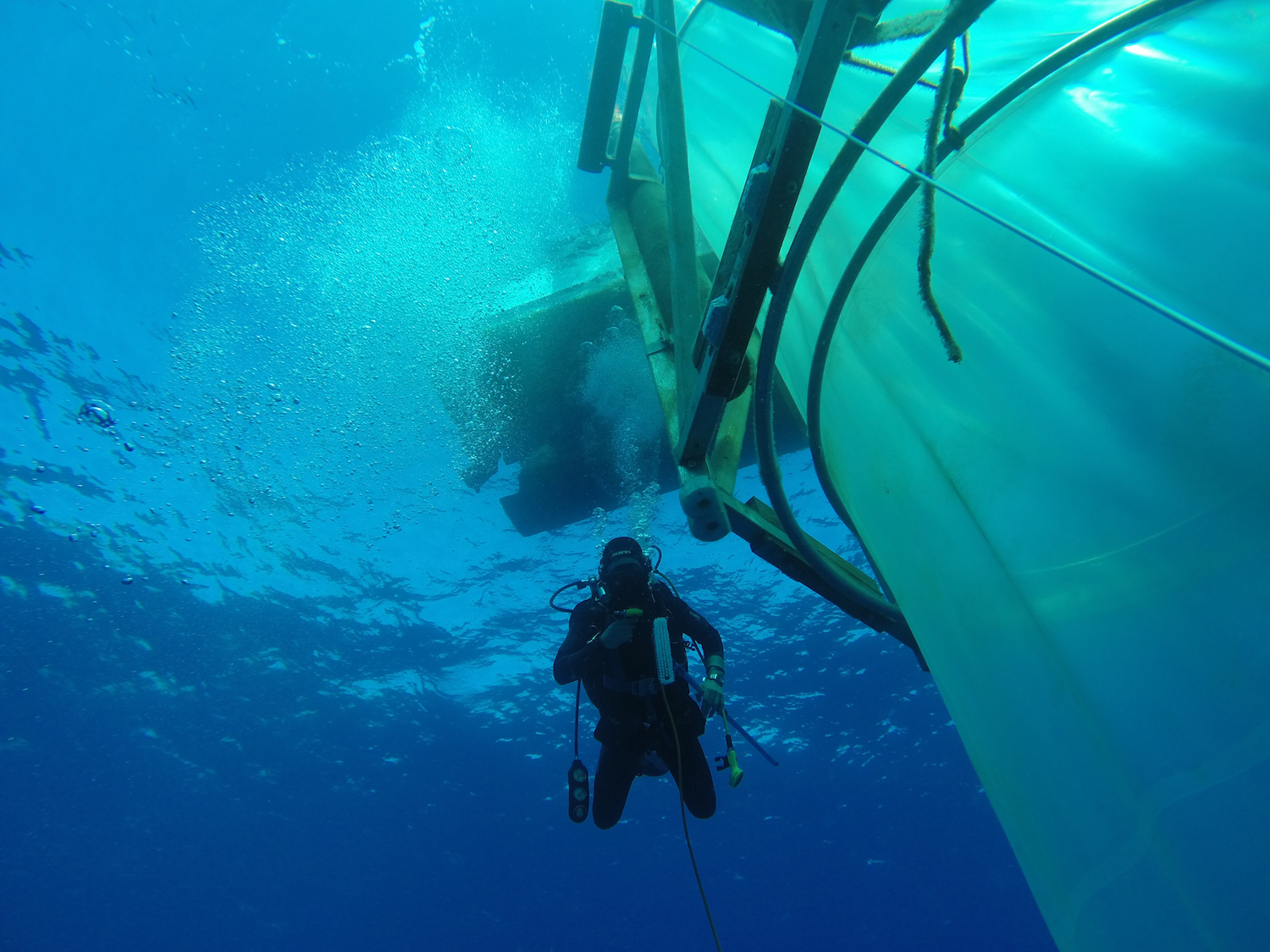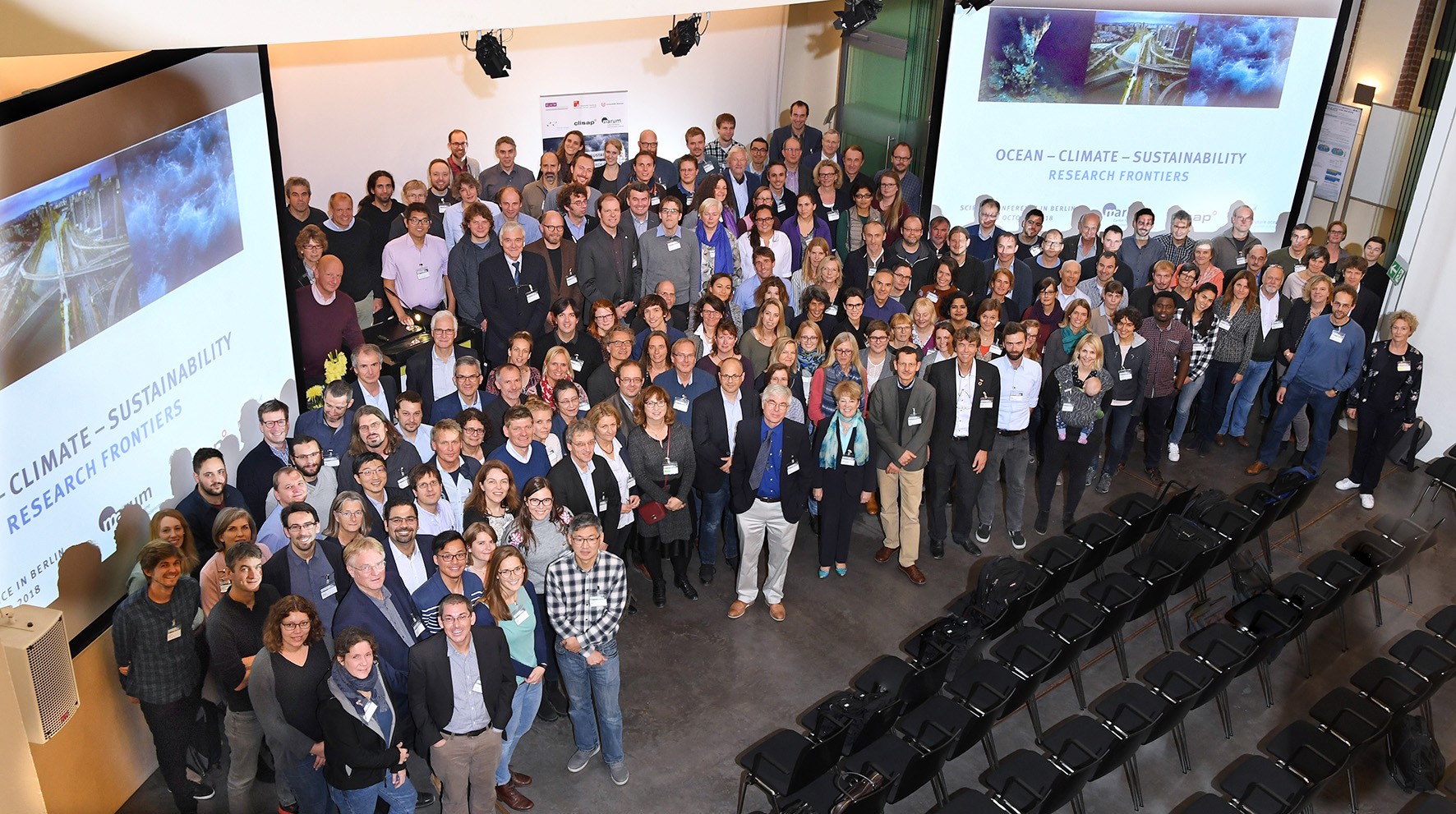The United Nations Member States envision a safe and just world, where the fundamental conditions for human prosperity – a stable climate, a clean environment and healthy ecosystems - are maintained. It is clear that in order to deliver on these goals, science and society have to face shifting paradigms and practice. But how do we find advantageous and enduring strategies for sustainable transition? What is the role of science and society in this process? How do we prepare the next generation for the complexity of solving these problems?
Transdisciplinary research is a key component of participatory sustainability science. It is a solution-oriented approach that moves beyond the classical disciplinary practice and addresses complex questions that cut across scientific, environmental, and social systems. The goal of transdisciplinary research is to build and apply multi-disciplinary knowledge by means of integrating scientists, stakeholders and practitioners under a co-defined goal and conceptual framework.
In the lecture series which starts on November 7 at Kiel University, seven guest speakers will introduce transdisciplinary research concepts and methods. They will provide insight into the benefits and challenges of transdisciplinary work and education through presenting research projects and case studies. The lecture series invites researchers, stakeholders, students and the general public to gain information and inspiration and to join the discussion on how science and society could combine to co-produce knowledge and solutions for ocean sustainability.
Links
https://sustainabledevelopment.un.org (about the Sustainable Development Goals)
OLAT (Students can find information about the module biolOceanEducation-01a)
Contact
Dr. Scarlett Sett
Scientific coordinator
ssett@ifam.uni-kiel.de
Dr. Franziska Julie Werner
Project coordinator „Ocean Education"
fwerner@bot.uni-kiel.de
…


